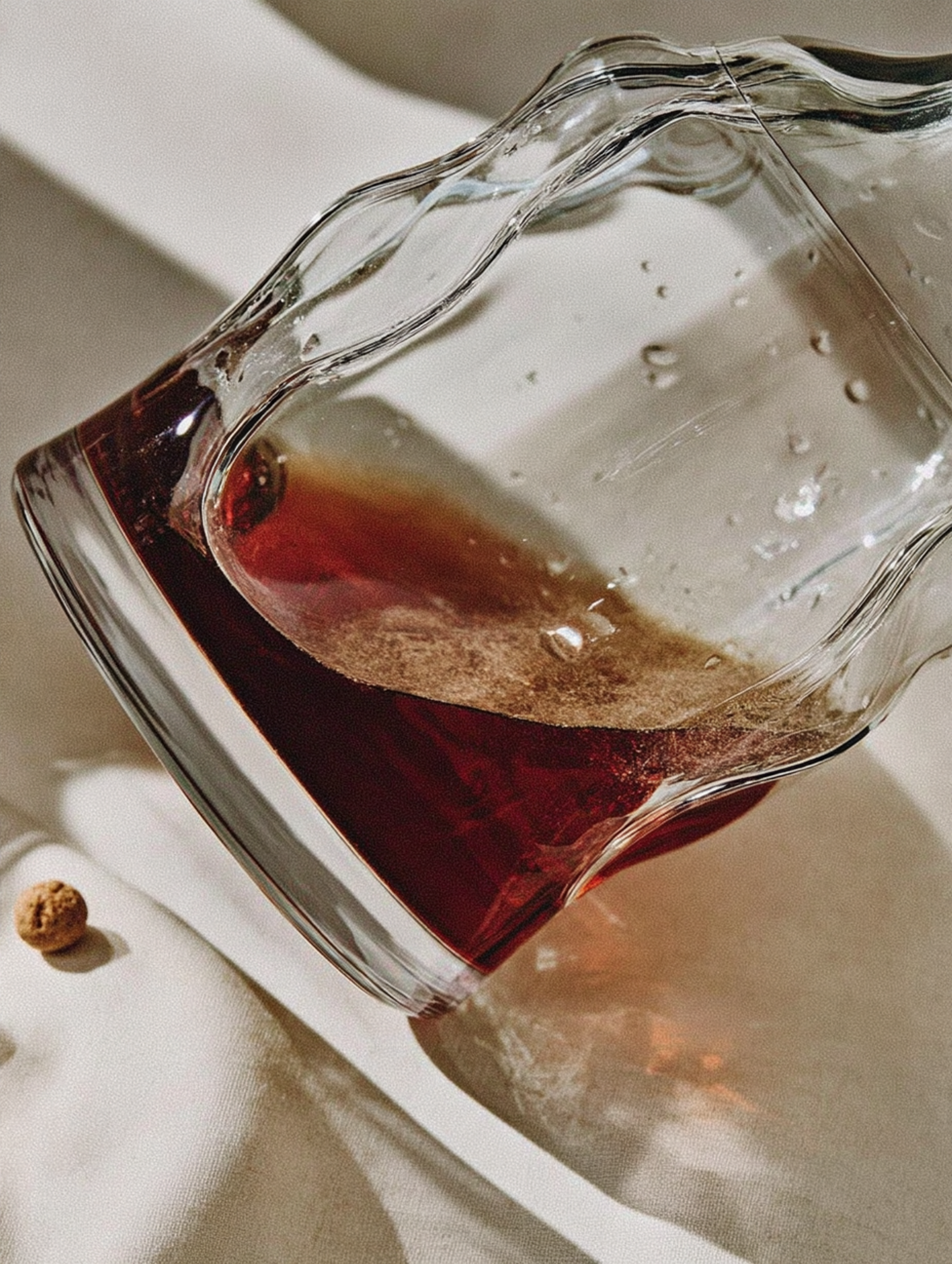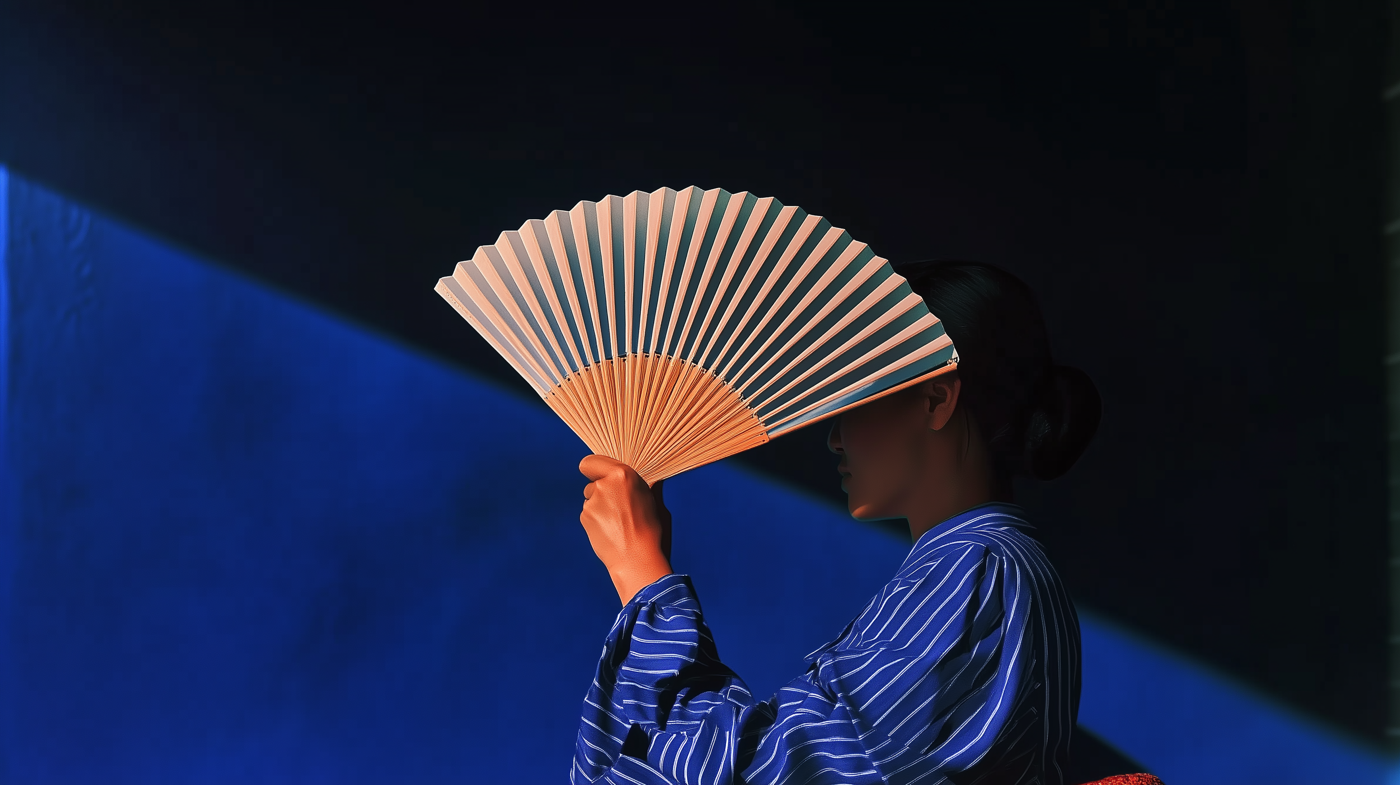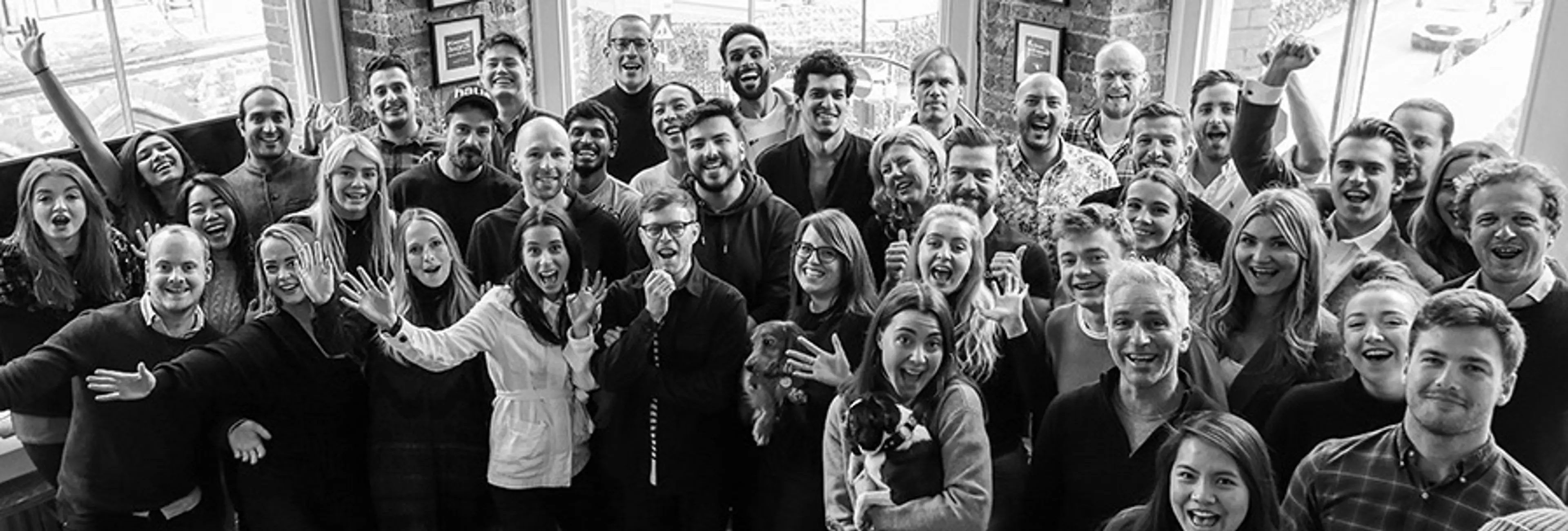
Trends & Insights
1 Apr 2025
5 Min Read
Offline and Out of Reach: How Disconnection Became a Status Symbol
In 2025, it’s not hard to feel like the internet is the only place that matters. Every meal, opinion, outfit, and milestone is flattened into content, fed into a system optimized for attention, but rarely for meaning. We live inside the feed—framed, filtered, and always available. It’s not just exhausting. It’s overexposed. The result is a new reverence for the unseen. A slow but firm cultural shift where silence, mystery, and privacy are reclaiming their place in the lexicon of luxury.
Trends & Insights






